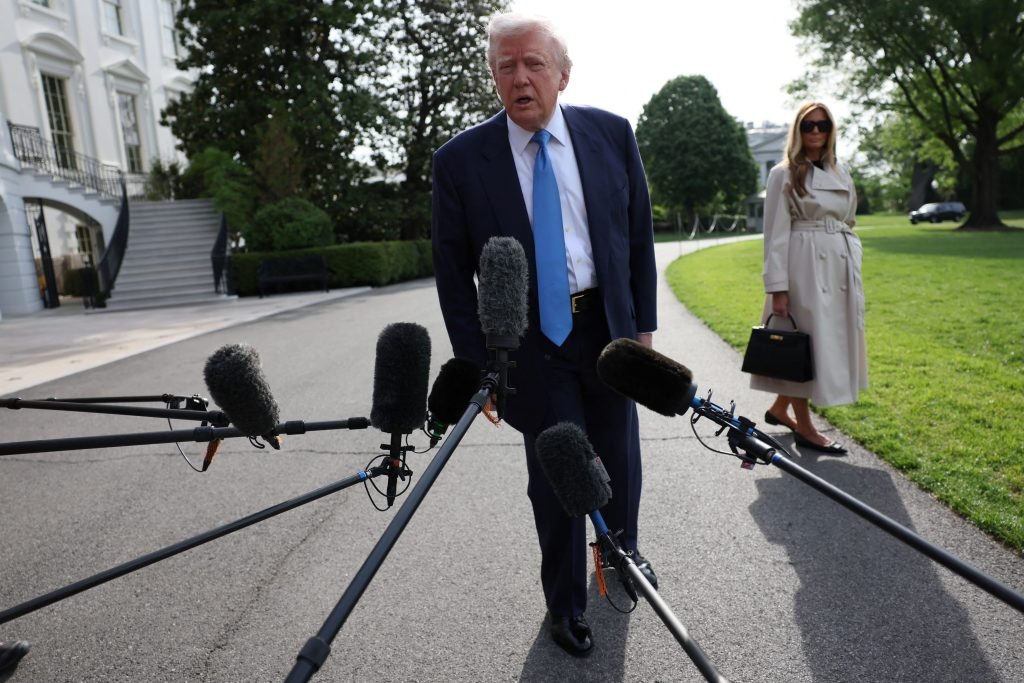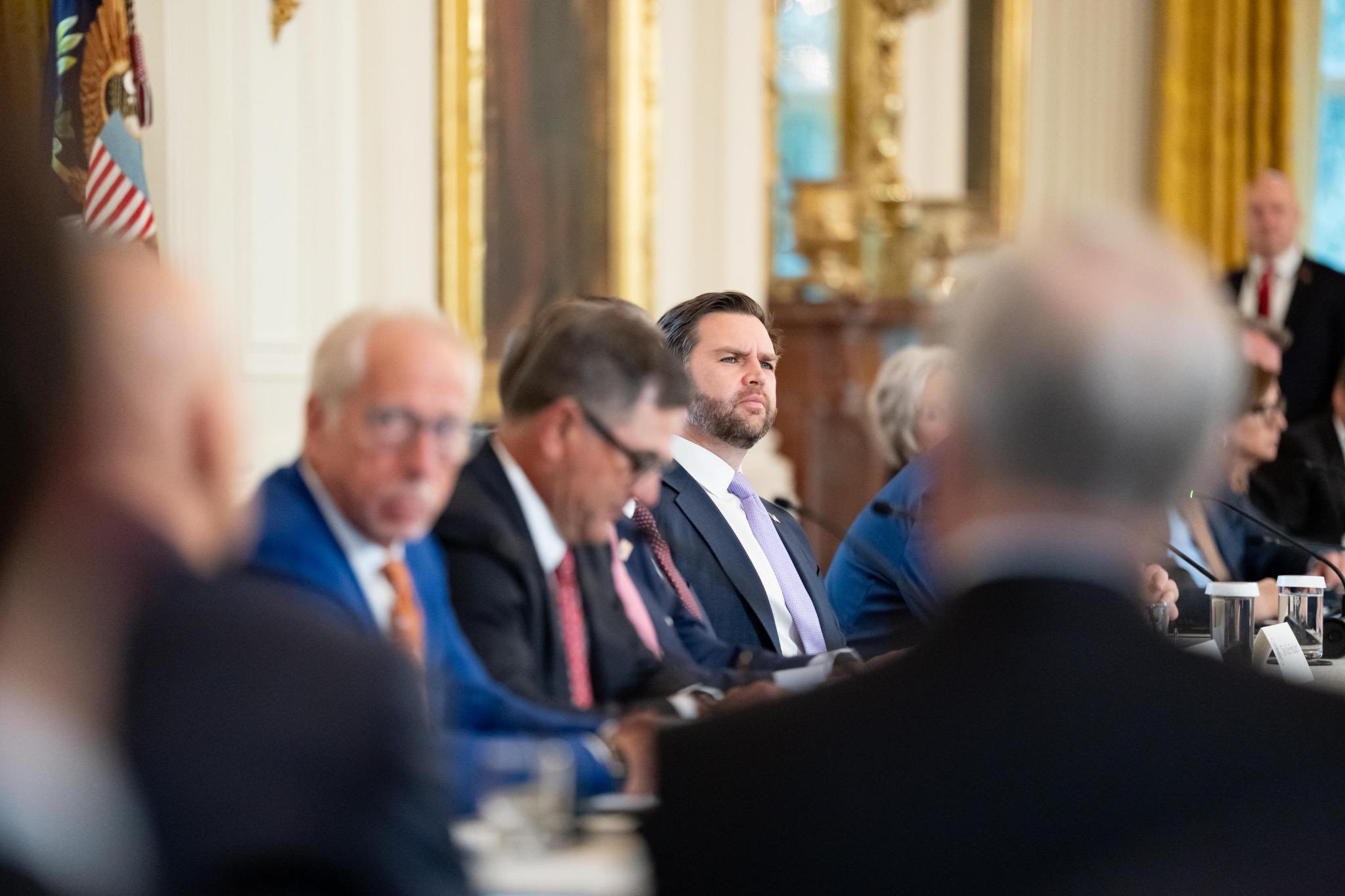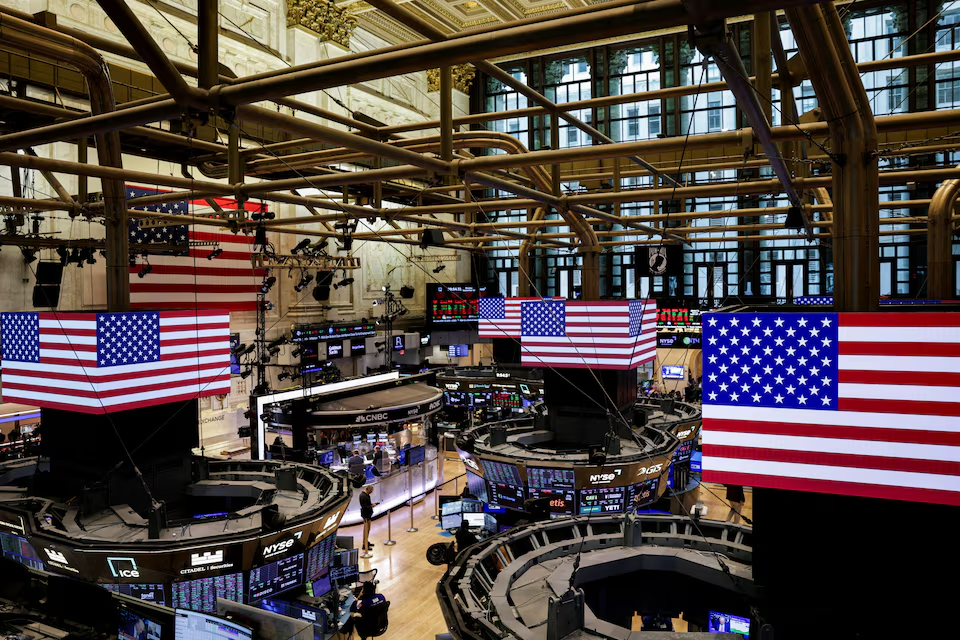President Donald Trump Announces 30% Tariff on Imports from Mexico and EU Starting August 1
President Donald Trump announced on Saturday that a 30% tariff will be imposed on imports from Mexico and the European Union (EU) starting August 1.
President Donald Trump Announces 30% Tariff on Imports from Mexico and EU Starting August 1
Trump Announces 30% Tariff on Imports from Mexico and EU Starting August 1
[Washington, July 12, 2025] – President Donald Trump announced on Saturday that a 30% tariff will be imposed on imports from Mexico and the European Union (EU) starting August 1.
The decision follows weeks of negotiations with the two key trade partners that failed to yield a comprehensive trade agreement.
Trump made the announcement through two separate letters posted on Truth Social on Saturday. Earlier this week, he also announced new tariffs on imports from Japan, South Korea, Canada, and Brazil, and imposed a 50% tariff on copper.
The European Union had hoped to strike a broad trade deal with the U.S. that would apply to all 27 member states. In anticipation of Trump’s tariff plans, the EU had been preparing for several days—particularly due to its status as the U.S.’s largest trade and investment partner.
Initially, the EU had aimed for a “zero-for-zero” agreement—eliminating tariffs on industrial goods from both sides. However, after months of tough negotiations, it has come to terms with settling for a temporary agreement, hoping for a more comprehensive deal in the future.
The 27-nation bloc is facing internal pressure: Germany is pushing for a quick deal to protect its industrial sector, while France and some other countries argue against entering a one-sided deal on America’s terms.
Since returning to the White House, Trump has steadily imposed tariffs on multiple countries, significantly boosting U.S. government revenue.
According to the U.S. Treasury Department, tariff revenue has exceeded $100 billion in the current fiscal year as of June 2025.
Trump’s aggressive trade policy now appears poised to heavily impact global trade dynamics, particularly relations with the EU, Mexico, and other key allies.










